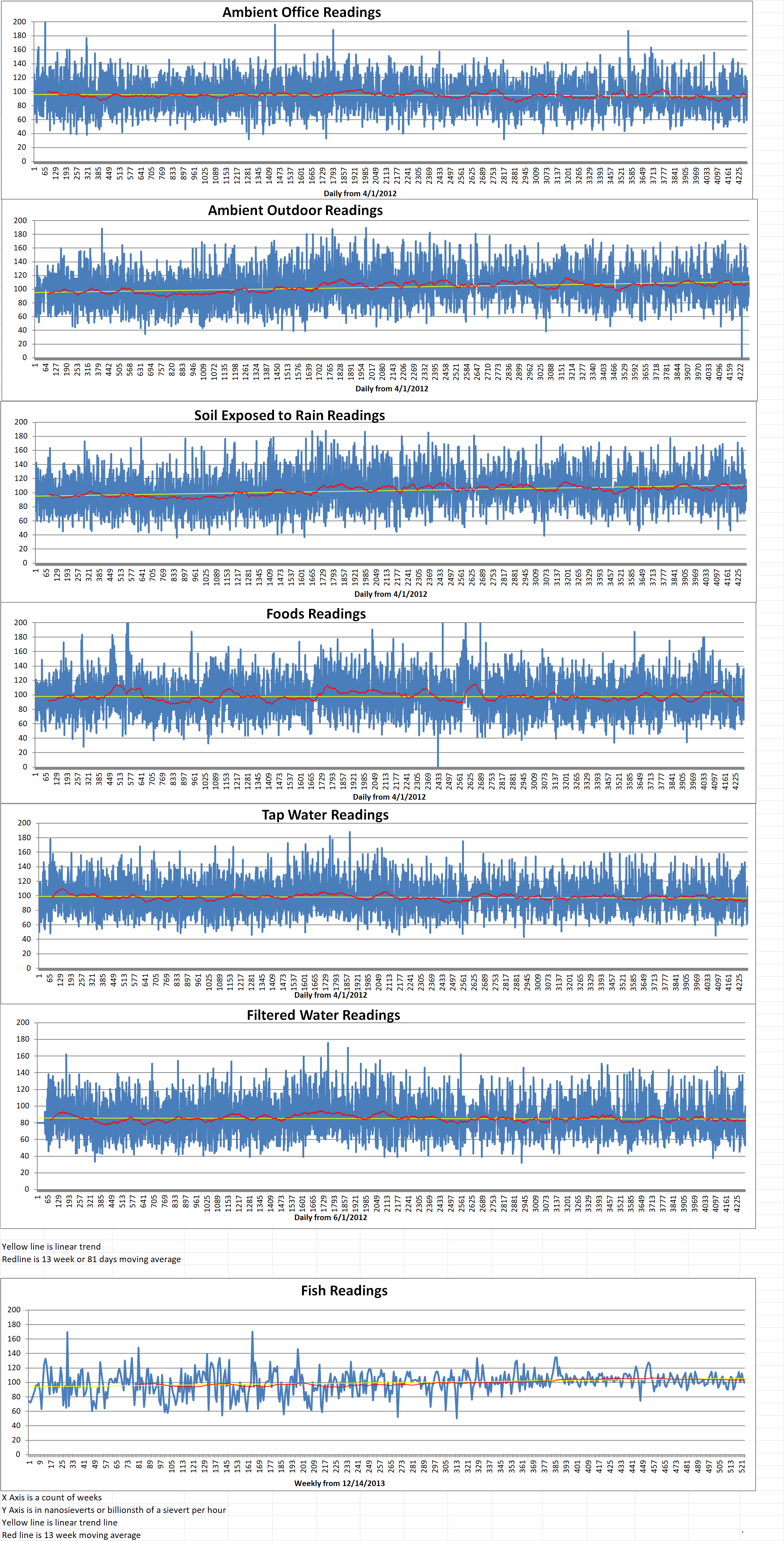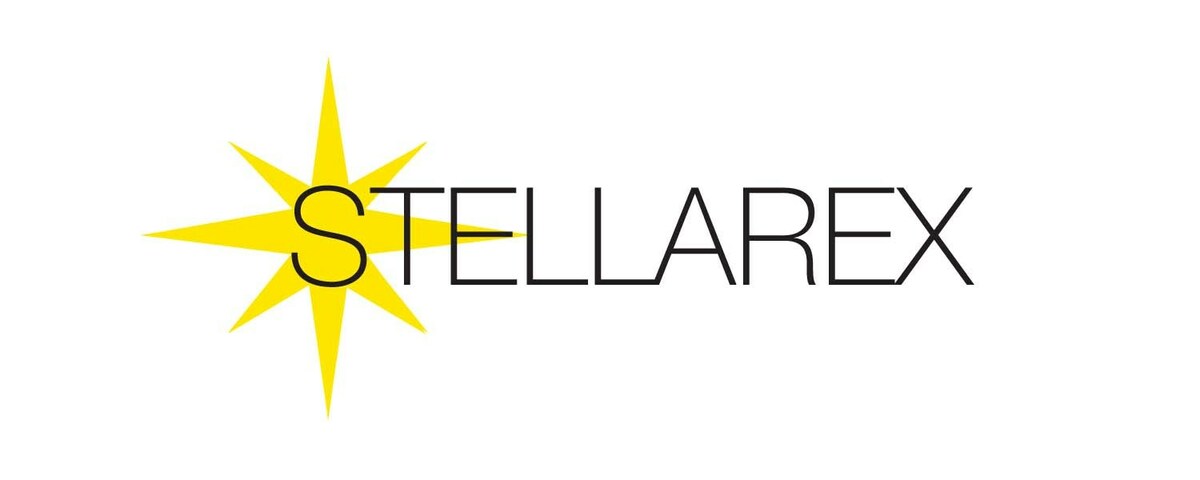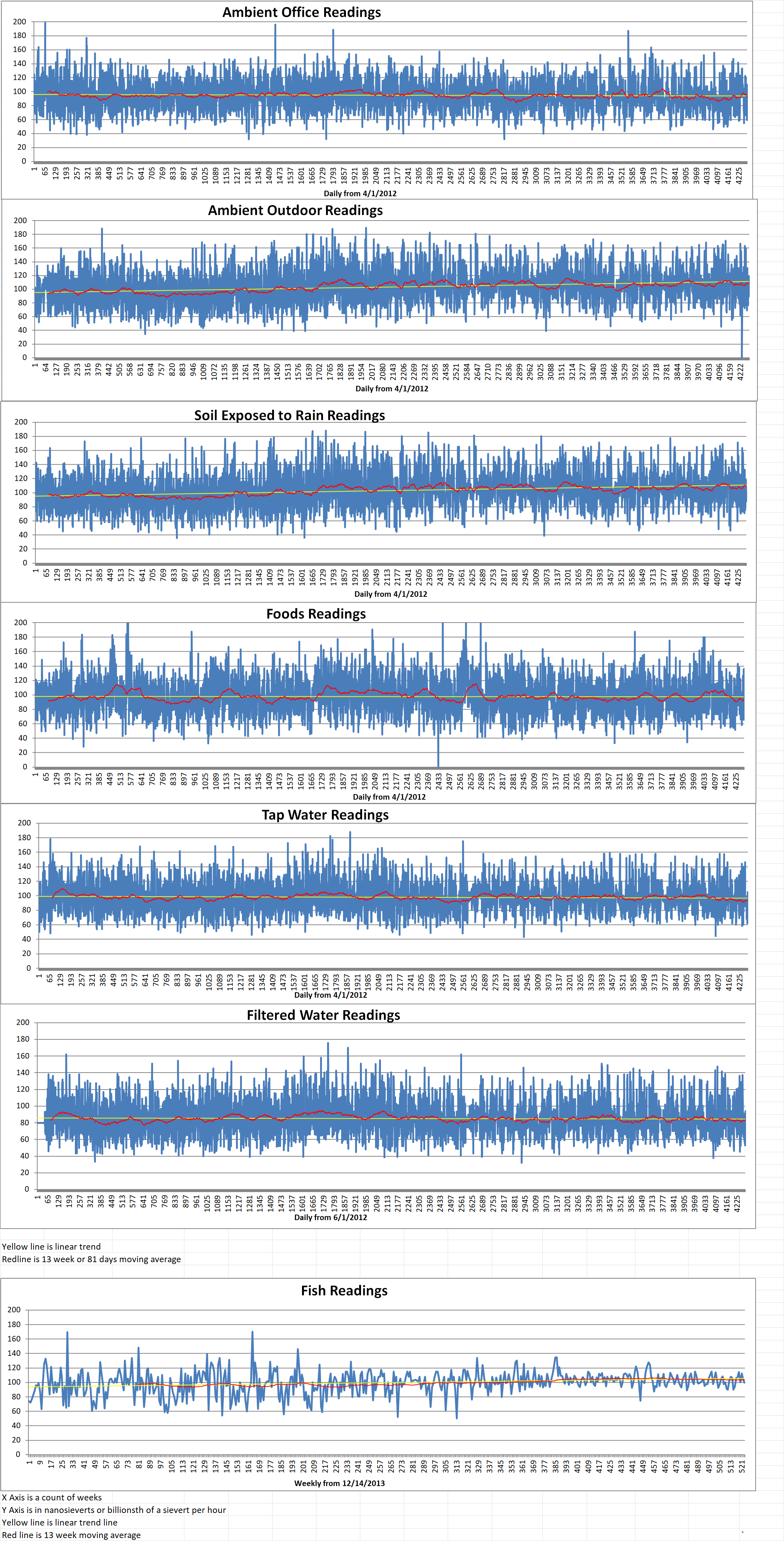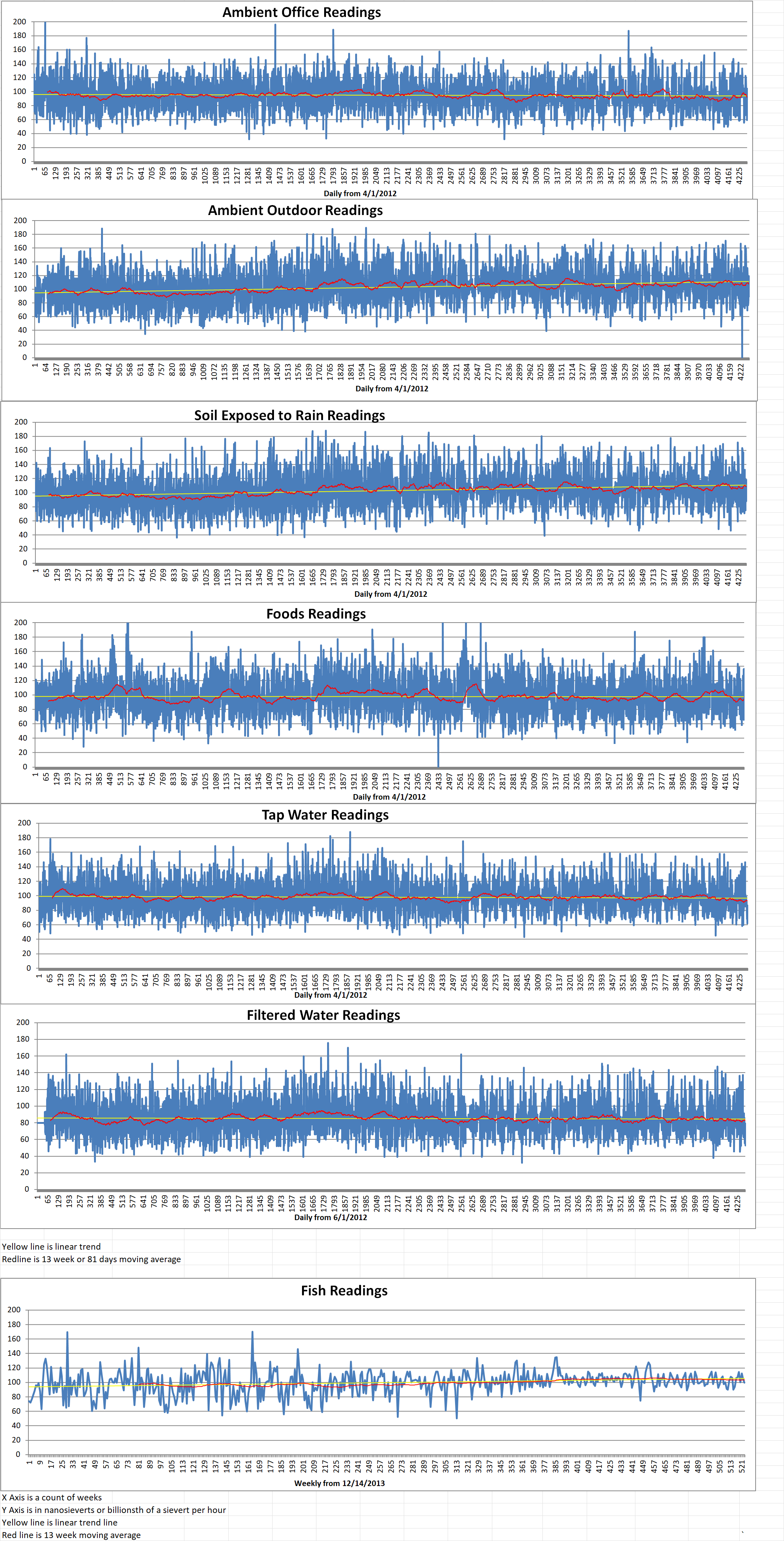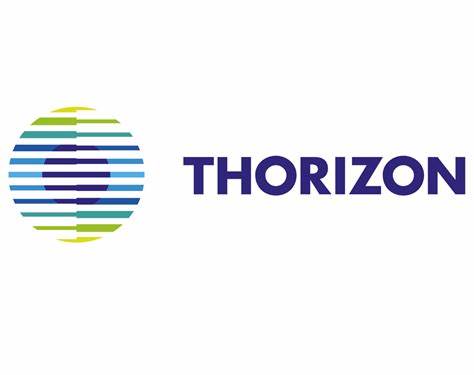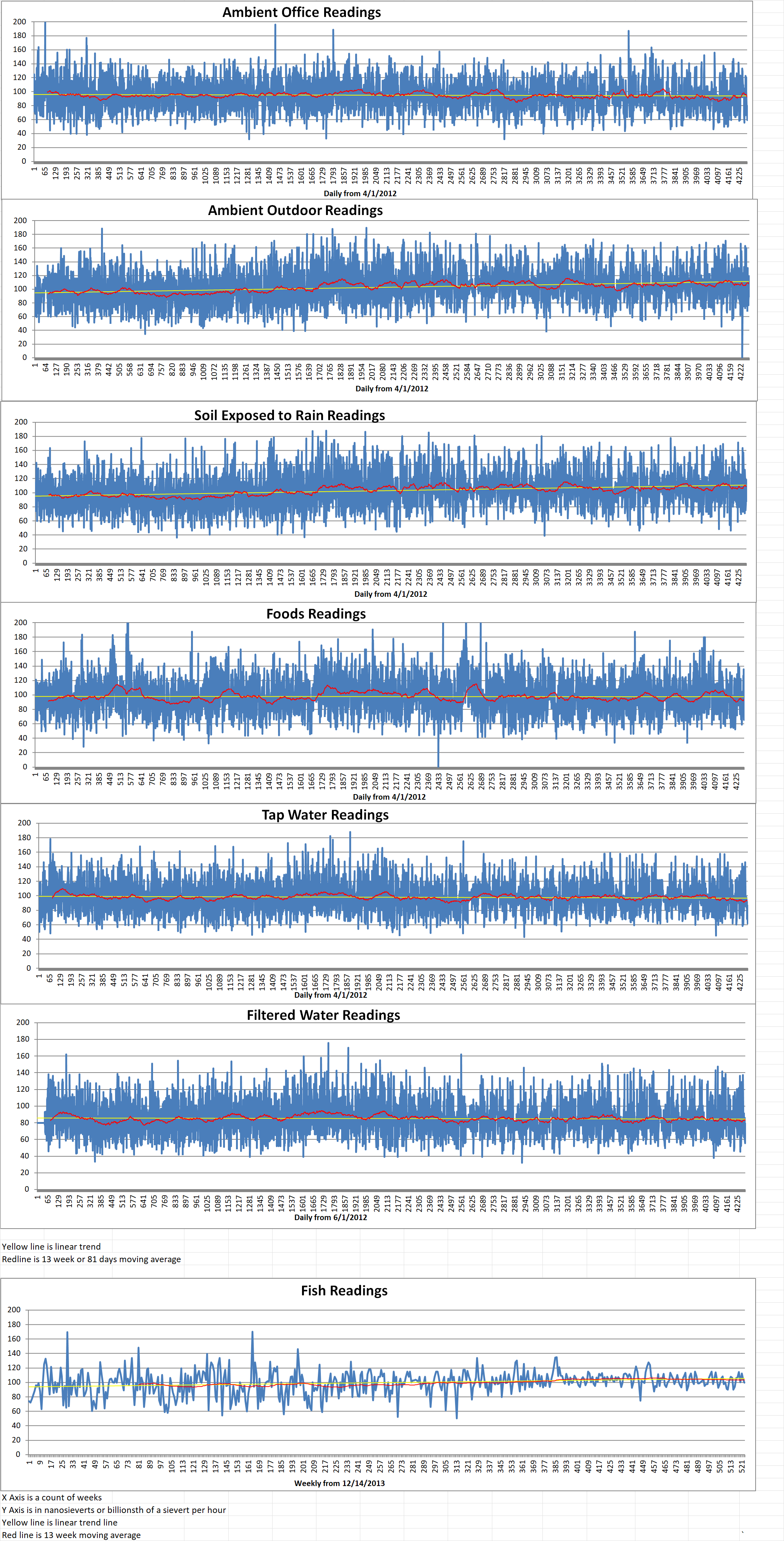Australian attitudes towards energy sources have shifted significantly according to the 20th edition of the Lowy Institute’s annual poll. Six in ten Australian are now supportive of Australia using nuclear power to generate electricity.
Ryan Neelam is the Director of Public Opinion and Foreign Policy at the Lowy Institute. The Institute asked Australian citizens, “Do you support or oppose Australia using nuclear power to generate electricity, alongside other sources of energy?”
Sixty one percent of respondents said they were “somewhat” or “strongly” supportive of Australia using nuclear power to generate electricity. Thirty seven percent said they opposed this. Only 2% said they didn’t know.
This is the first time such a question has been included in the survey. It contrasts with a related question in the 2011 poll when more than six in ten Australians said they were either ‘strongly against’ or ‘somewhat against’ Australia building nuclear power plants as part of its plans to reduce greenhouse gas emissions.
Australia’s federal opposition has announced that, if elected, it would introduce nuclear power generation into Australia’s energy mix. Nuclear would take its place alongside renewables and other sources of energy, as part of its plan to achieve net zero emissions by 2050, but this would involve first overturning a moratorium on nuclear energy generation in Australia, the report’s authors note.
The poll found ‘slim to strong majority support’ for a range of potential federal government climate-related policies although support has ‘softened mildly’ for options which include a more ambitious national emissions reduction target, hosting a UN climate conference, reducing coal exports, and banning new coal mines, and introducing an emissions trading scheme. About sixty percent support the idea of reducing Australian coal exports and banning new coal mines from opening in Australia.
Support remained steady for subsidizing renewable technologies, and increasing the use of gas. Opinion on renewables is divided. The poll found that forty one percent think the current federal government’s national target for eighty two percent of Australia’s electricity to be generated from renewables by 2030 is ‘about right’. Thirty three percent think this target is too ambitious, and twenty five percent say it is not ambitious enough.
For the third consecutive year, the poll also asked about public attitudes to Australia’s acquisition of nuclear-powered submarines under the 2021 trilateral AUKUS partnership between Australia, the U.K. and the U.S. Public debate about this project has grown in Australia, highlighting questions around its strategic merits, future U.S. political commitment to the deal, industrial and workforce capacity, and costs. However the poll found majority public support for the acquisition has ‘held relatively firm’ with sixty five percent of Australians remaining in favor. This is similar to the findings of last year’s poll, which was down from seventy percent in 2022’s poll, shortly after the deal was announced.
The independent, nonpartisan international policy think-tank describes its annual poll as the leading tracking survey on Australian foreign policy. It provides a reliable vehicle for understanding Australian attitudes towards a wide range of foreign policy issues, while being independent and methodologically rigorous. The 2024 Lowy Institute poll reports the results of a national survey of 2028 adults across Australia between 4 and 17 March. The poll was conducted by the Social Research Centre, using the Life in Australia probability-based online panel, and has a margin of error of two and two tenths’ percent. The probability basis of the Life in Australia sampling method guarantees results are generalizable to the national population.

